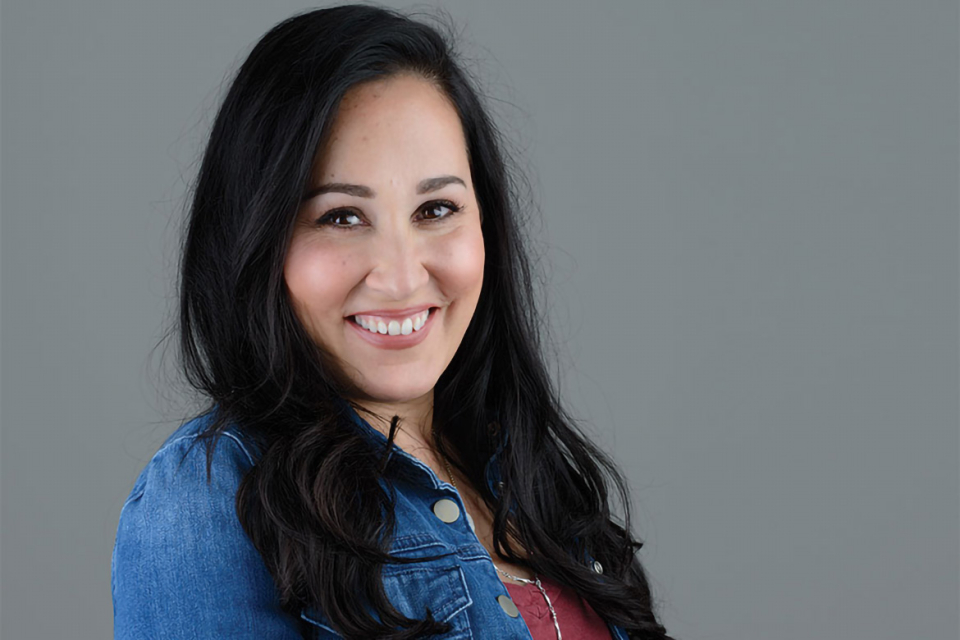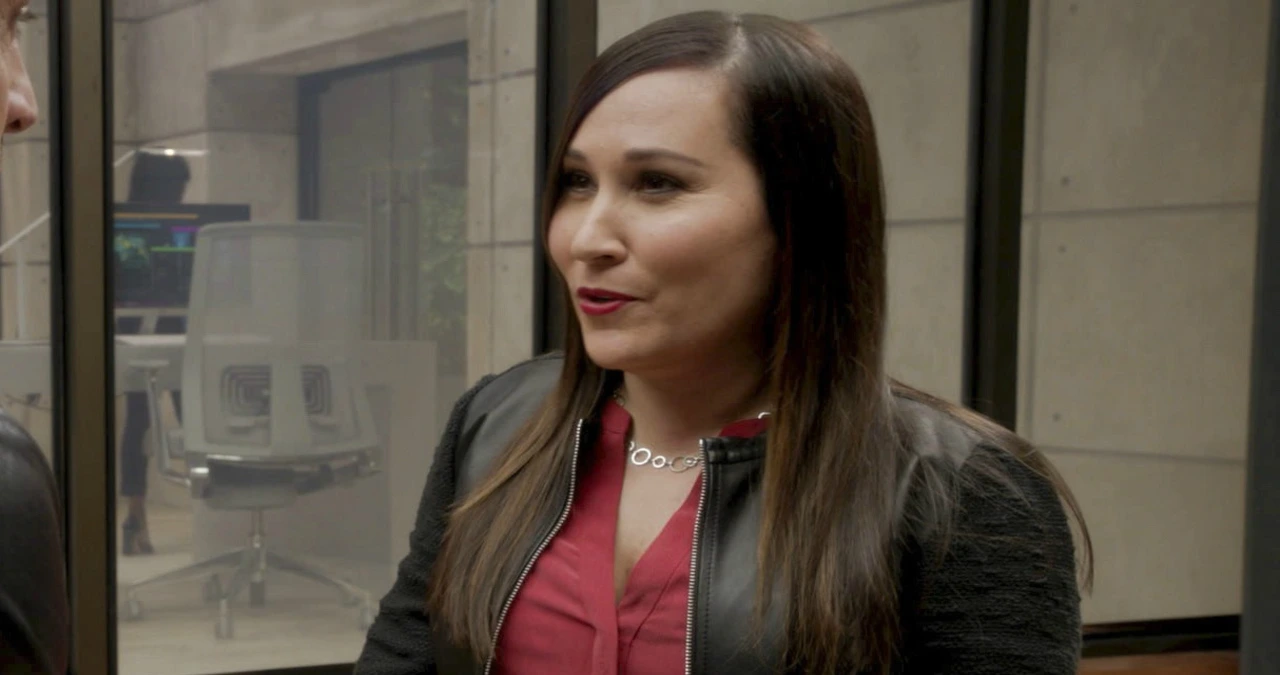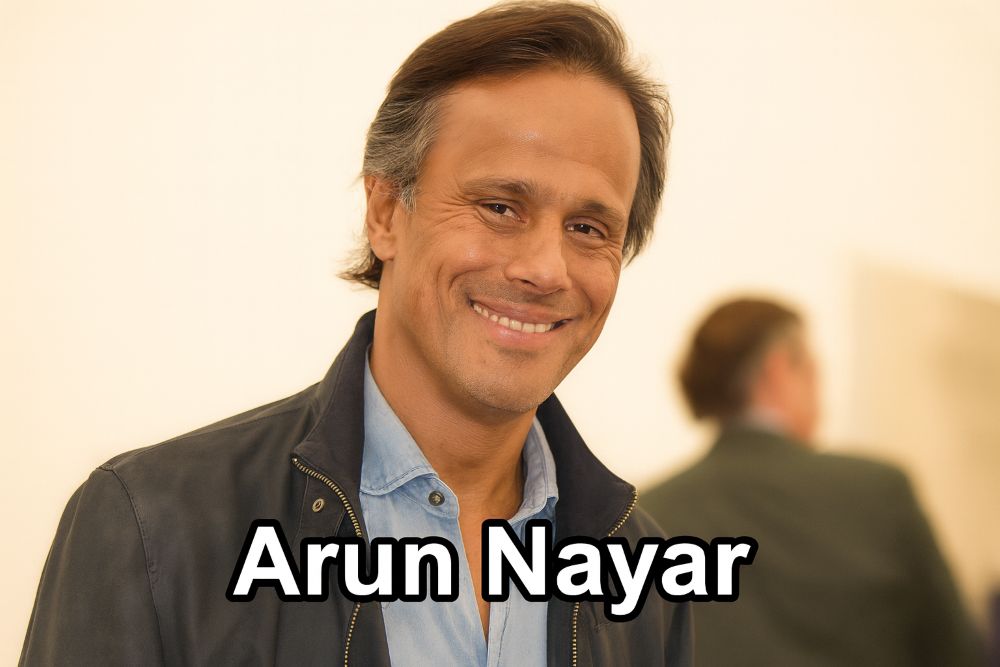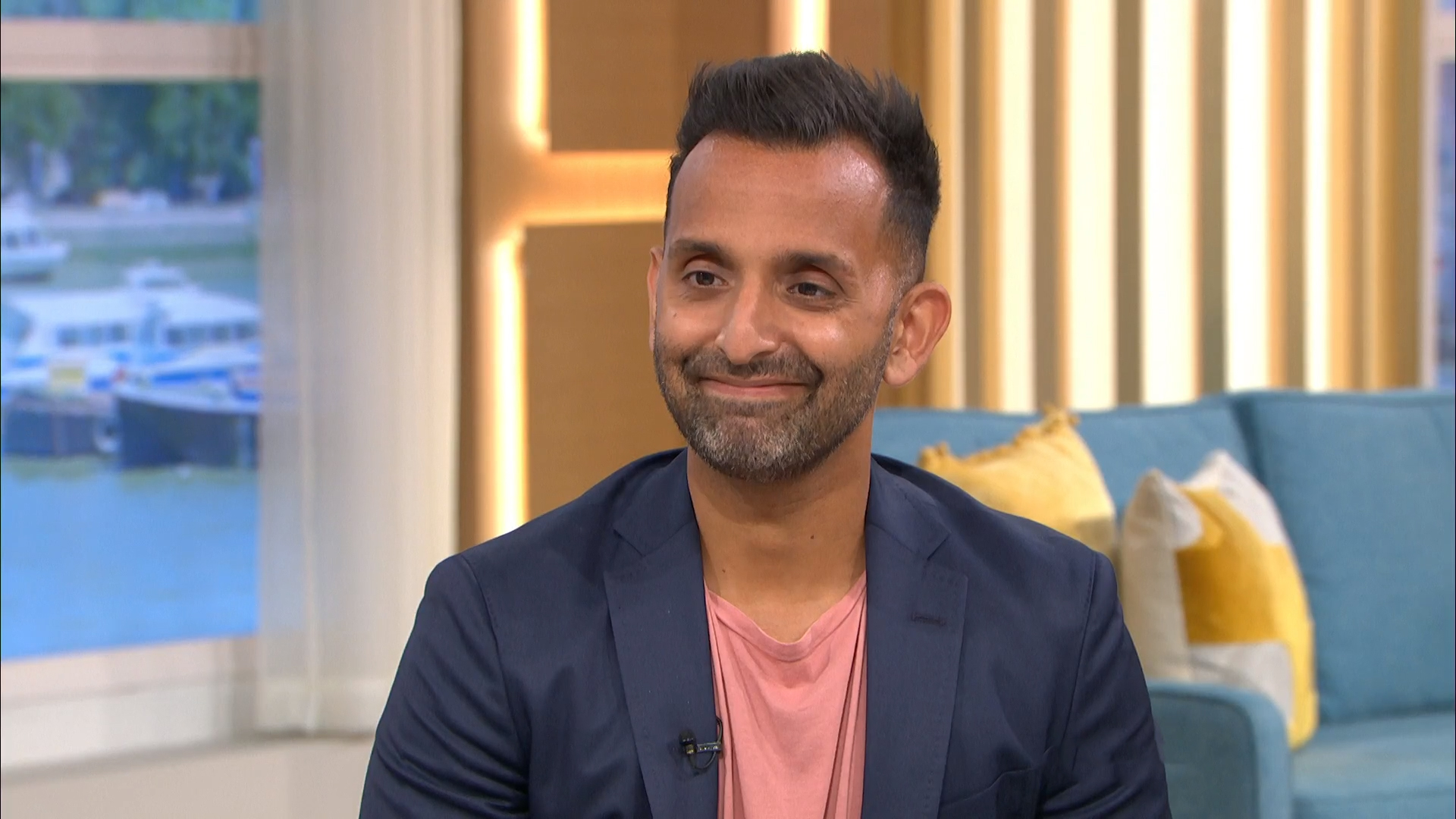Introduction: A Force of Nature in Hollywood
In an industry obsessed with conventional beauty standards and physical perfection, Meredith Eaton stands as a powerful exception – a talented actress who has consistently shattered glass ceilings while redefining what it means to be a leading performer in Hollywood. At just 3 feet 10 inches tall, Eaton has transformed what many would consider a limitation into her greatest strength, crafting a remarkable career that spans over two decades of groundbreaking performances.
What makes Eaton’s journey particularly extraordinary isn’t just her success as an actress with dwarfism, but the way she has systematically dismantled stereotypes through her role choices. Unlike many actors with disabilities who get pigeonholed into specific character types, Eaton has deliberately sought complex, multidimensional roles that showcase her considerable range. From fierce attorneys to brilliant scientists, her characters are always defined by their intellect and personality rather than their physical stature.
Early Life and Formative Years: The Making of a Star
Born on August 26, 1974, in Long Island, New York, Meredith Ann Eaton displayed a passion for performance from an exceptionally young age. Even as a child, she gravitated toward school plays and community theater, finding an early outlet for her natural charisma and dramatic instincts. However, her path wasn’t without challenges – growing up with dwarfism in the 1980s meant facing societal prejudices and limited expectations about what she could achieve.
Eaton’s academic journey reveals the depth of her intellect and versatility. She earned a Bachelor’s degree in Psychology from Hofstra University before going on to complete a Master’s degree in Clinical Psychology from the California School of Professional Psychology. This educational background would later prove invaluable in her acting career, giving her unique insight into human behavior and character development. For a time, she even worked as a therapist, a career that required deep empathy and understanding – qualities that would later make her performances so compelling.
The Breakthrough: Family Law and Changing Television
Eaton’s big break came in 1999 when she was cast as Emily Resnick in the CBS legal drama Family Law. This role was revolutionary for its time – Resnick was a sharp, confident attorney who happened to have dwarfism, but her character was never defined by her physical appearance. Instead, the show focused on her legal brilliance, quick wit, and professional competence.
The significance of this casting cannot be overstated. At a time when actors with dwarfism were typically relegated to fantasy roles or comic relief, Eaton’s portrayal of a serious, capable lawyer challenged industry norms and audience expectations alike. Her performance earned critical acclaim and demonstrated that actors with disabilities could – and should – play complex, professional characters. The role became a touchstone for disability representation in television, proving that audiences would embrace diverse casting when the characters were well-written and authentically portrayed.
Career Evolution: From Strength to Strength
Following success Family Law, Eaton continued to build an impressive resume filled with Meredith Eaton varied and challenging roles. One of her most memorable performances came in the sci-fi series The 4400 (2004-2007), where she played Dr. Amy Truesdale, a brilliant geneticist. This role allowed Eaton to showcase her ability to handle complex scientific dialogue while bringing emotional depth to a character dealing with extraordinary circumstances.
Her guest appearances on popular shows like Boston Legal, NCIS, and MacGyver demonstrated her versatility. In Boston Legal, she held her own against heavyweights like James Spader and William Shatner, delivering sharp, nuanced performances that elevated every scene she was in. On NCIS, she brought authority and gravitas to her role as a forensic specialist, while her turn on MacGyver showcased her ability to handle action-oriented material with equal skill.
What’s particularly notable about Eaton’s career trajectory is her deliberate avoidance of stereotypical “dwarf” roles. She has consistently chosen parts that emphasize character over physicality, proving that actors with disabilities can play the same range of roles as any other performer. This conscious career-building has made her one of the most respected character actors working today.
Overcoming Industry Barriers: A Pioneer’s Struggle

Eaton’s success hasn’t come without significant challenges. Hollywood has historically been slow to embrace actors with disabilities, particularly in roles not specifically written for disabled characters. Early in her career, Eaton faced numerous rejections and limited opportunities, with casting directors often unable to see past her physical stature.
Her perseverance in the face of these obstacles speaks volumes about her character and determination. Rather than accepting the limited roles offered to actors with dwarfism, Eaton actively sought out auditions for parts not written with her physicality in mind. This bold approach required her to be twice as prepared as other actors, often convincing skeptical casting directors that she was right for roles they hadn’t envisioned her in.
The impact of her trailblazing can’t be overstated. By consistently delivering powerful performances in non-stereotypical roles, Eaton has helped expand the industry’s understanding of what actors with disabilities can bring to a production. Her success has paved the way for other actors with disabilities to demand better, more substantial roles.
Beyond Acting: Advocacy and Influence
Eaton’s influence extends far beyond her acting work. She has become an important voice for disability representation in Hollywood, using her platform to advocate for more inclusive casting practices. Her advocacy takes many forms – from speaking at industry panels about the importance of authentic representation to working with casting directors to expand their perceptions of who can play certain roles.
Her psychological training gives her a unique perspective on these issues. She understands the profound impact that media representation has on how society views people with disabilities, and she’s committed to changing those perceptions through her work. Whether discussing the importance of three-dimensional characters or calling out harmful stereotypes, Eaton’s voice has become an important one in the ongoing conversation about diversity in entertainment.
Personal Philosophy: Resilience and Authenticity
Those who know Eaton describe her as possessing an extraordinary combination of intelligence, warmth, and determination. Her approach to life and career reflects a deep understanding of both the challenges and opportunities that come with being different in an industry that often values conformity.
In interviews, she frequently emphasizes the importance of self-acceptance and perseverance. Rather than trying to fit into Hollywood’s narrow standards, Eaton has built her career on being authentically herself – a strategy that has allowed her to carve out a unique and respected place in the industry. Her journey serves as an inspiration not just to actors with disabilities, but to anyone who has ever felt like they didn’t fit the traditional mold of success.
The Road Ahead: Continuing to Break New Ground
As Eaton moves forward in her career, she shows no signs of slowing down or limiting herself. Recent years have seen her take on increasingly complex roles that continue to push boundaries and challenge expectations. Whether in television, film, or theater, she remains committed to choosing projects that allow her to grow as an artist while advancing the cause of representation.
The entertainment industry is gradually becoming more inclusive, and much of that progress can be traced to pioneers like Eaton who have proven that diversity makes storytelling richer and more authentic. As new opportunities emerge, Eaton is perfectly positioned to take on even more groundbreaking roles that will continue to reshape how Hollywood views actors with disabilities.
Legacy: Changing Hollywood for the Better

Meredith Eaton’s legacy in Hollywood is already significant. Through her talent, perseverance, and principled approach to her career, she has helped transform the industry’s understanding of disability representation. More than just a successful actress, she has become a symbol of what’s possible when talent is allowed to shine regardless of physical differences.
Perhaps most importantly, Eaton has demonstrated that true inclusion isn’t just about casting actors with disabilities in disability-specific roles, but about recognizing that talented performers can bring any character to life, regardless of their physical characteristics. This fundamental shift in thinking is changing Hollywood from the inside out, and Eaton has been at the forefront of that change.
Conclusion: A Lasting Impact
In a business that often prioritizes appearance over substance, Meredith Eaton stands as a powerful reminder of what really matters in acting – skill, dedication, and the ability to connect with audiences on a human level. Her career serves as both an inspiration and a challenge to the entertainment industry to continue expanding its understanding of who can be a leading performer.
As audiences increasingly demand authentic representation on screen, Eaton’s pioneering work ensures that actors with disabilities will have more opportunities to showcase their talents in meaningful roles. Her journey proves that with enough talent and determination, barriers can be broken, perceptions can be changed, and Hollywood can become a more inclusive place for all kinds of performers.





